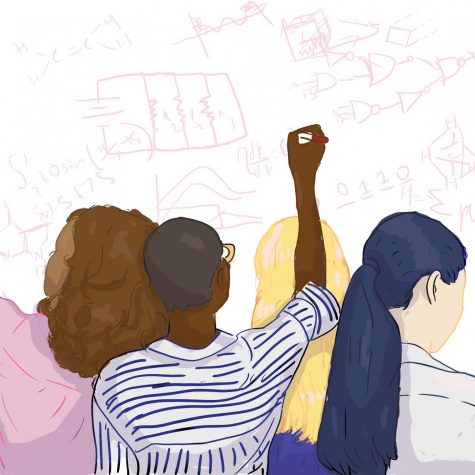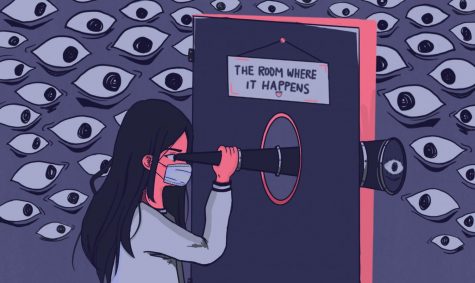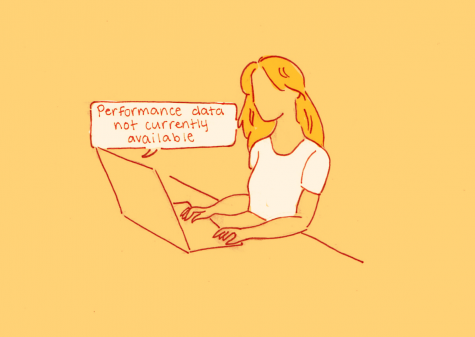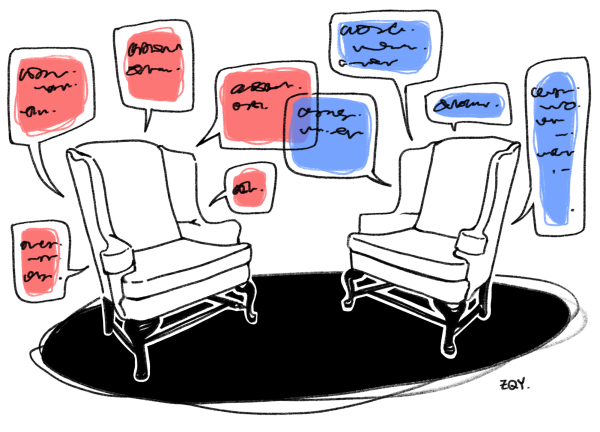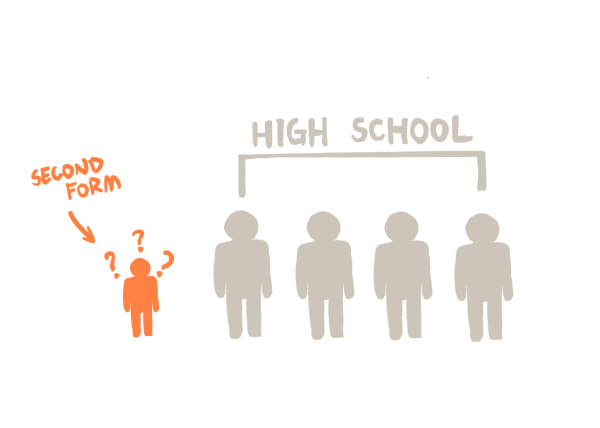The Under-Evaluated Dilemma: Remote Learning at Groton
While many students returned to campus for the new school year, remote learners from all around the world are still struggling with challenges—both social and academic—previously experienced by all in the spring term. Some, overwhelmed by the disadvantages, describe this term as the “most stressful and frustrating” period of time in their Groton career. Therefore, in order for remote learning students to participate on a level playing field, the curriculum must be adjusted to address the shortcomings of the current remote-learning experience.
Remote learners face inevitable difficulties such as the inability to access learning resources as readily as their on-campus peers, technological issues, and obstacles posed by time differences. They cannot simply meet with teachers by visiting their classrooms and offices, nor do they have access to fully-equipped labs for their STEM courses. They need to use Zoom to participate in classes, and such digital presence is easier to be ignored and imposes more psychological obstacles that prevent students from speaking up. Their learning quality decreases due to the drop in their engagement level.
Additionally, some remote learners say that they only hear approximately 60-70% of the lecture or discussion in a given class because of bad acoustics and inadequate sound system despite the hard work of our IT staff. A vastly asynchronous schedule magnifies these disparities. The remote learning students living in East Asia, for example, are unable to attend afternoon classes and therefore have to watch recordings to catch up to their peers. Unfortunately, sometimes Zoom fails to generate these recordings on time or in general—further pushing the workload. And even if the recordings are produced, they are not an ideal way to learn as students cannot interrupt the class and ask questions. As a result, they have to spend extra time meeting with their teachers to make up for the lack of class participation and understanding of the material. However, even scheduling such meetings is twice as hard because of limited mutual free time and other commitments. In truth, remote learning students and especially international students are facing academic challenges that are not only affecting their mental health but also hindering their passion for learning.
There are several viable changes that not only provide alternatives for remote learning students but also prevent faculty members from overworking themselves in these difficult times. If the hybrid system were to continue, the school could look into changing the daily schedule. Instead of having all classes during daylight of EDT, afternoon classes can be moved to 8:00-9:40PM and study hall to 1:45-3:25PM. Teachers can cut back on traditional assignments and assessments so that remote learners can have different forms of commitments that still require the same skills and knowledge. If these alternative assignments turn out to be easier, please consider that remote students have to spend more time and energy learning the same material as on-campus students, and thus easier assignments would balance the extra effort. Plus, students are bound by the honor code, lockdown browsers, and screen recordings to ensure that academic dishonesty does not happen. Taking everything into account, teachers can assign research projects grounded in each student’s own environment rather than lab work that requires particular on-campus resources. Longer-term projects or prepared presentations can be done in lieu of tests. Remote learners can lead part of a class period to make a presence for themselves and to increase their participation. New remote-students can be paired up with on-campus classmates to make sure they are exposed to all the materials. Additionally, teachers can set aside locked meeting time for extra help for remote learning students and tweak current office hours to include more accessible time slots based on various time differences. These changes deviate from the academic status quo, but in such unusual times they are necessary.
At the end of the day, even small efforts such as utilizing myGroton to distribute information, adhering to scheduled meetings, and returning emails expeditiously can have a positive impact on remote learners’ academic experience. Remote learning students appreciate all the existing accommodations that the faculty and staff have patiently provided. Yet more can be done. Mr. John Lyons once said, “there is no reason why we cannot make this hybrid system work,” and indeed there is not. All should work together to achieve greater equity at Groton.




